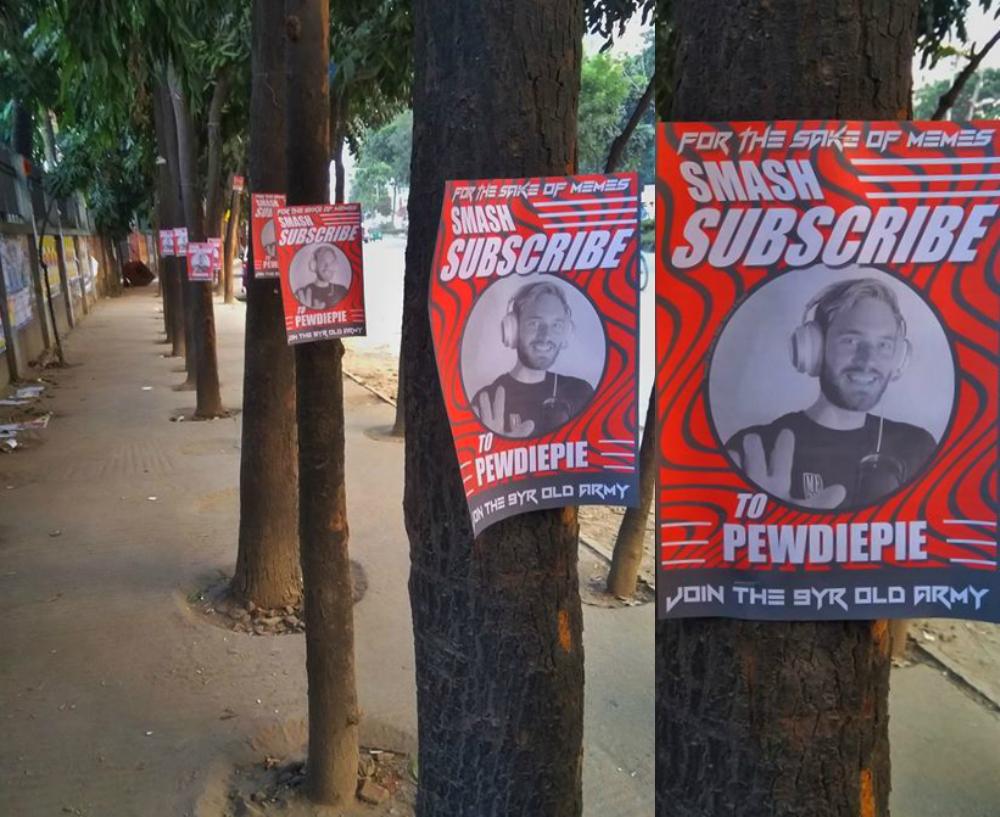As someone who grew up under an oppressive regime and now works for YouTube, the EU's new rules scare me
Once, I had to bend the antenna of my transistor radio so I could listen to news and bands from Radio Free Europe. Now I worry that a whole creator class is getting left behind by the European Parliament

Your support helps us to tell the story
From reproductive rights to climate change to Big Tech, The Independent is on the ground when the story is developing. Whether it's investigating the financials of Elon Musk's pro-Trump PAC or producing our latest documentary, 'The A Word', which shines a light on the American women fighting for reproductive rights, we know how important it is to parse out the facts from the messaging.
At such a critical moment in US history, we need reporters on the ground. Your donation allows us to keep sending journalists to speak to both sides of the story.
The Independent is trusted by Americans across the entire political spectrum. And unlike many other quality news outlets, we choose not to lock Americans out of our reporting and analysis with paywalls. We believe quality journalism should be available to everyone, paid for by those who can afford it.
Your support makes all the difference.Growing up behind the Iron Curtain in Czechoslovakia, I had limited access to information and entertainment. There was one newspaper, which was the official paper of the Communist Party. And the state controlled the radio, the airwaves, cinema and books.
Limited by these options, I had to get creative. I bent the antenna of my transistor radio so that I could listen to news and bands like Tears for Fears and Bon Jovi over scrambled airwaves from Radio Free Europe in West Germany.
Today I live in the United States and have built a career in the entertainment industry working for companies like HBO and Netflix. Like millions of other people, I have access to just about any movie, song, show or book I could imagine.
In 2010, I joined YouTube and entered a new world, in which regular people could broadcast their voices, building deep emotional connections with a generation of young people, and building new businesses in the process. I saw how YouTube elevated millions of creators and helped them to become the next generation of media companies. These new media companies were in turn creating jobs for themselves and others. In the last 90 days alone, 185,000 channels run by EU creators earned money on YouTube. They did not have to uproot and move to Hollywood, as I did, to be a part of the global creative economy – they are doing it from their home countries.
As YouTube’s chief business officer, I’ve witnessed how in less than one generation, we’ve reached a point at which anyone, anywhere with a story can reach a global audience. For example, Sallys Welt is a German chef who shares recipes and has used her YouTube channel to build an e-commerce shop for household goods and now employs 35 people across three companies. And AbstrachujeTV, a Polish production company that started out as a comedy troupe, entertains global audiences and has more than 90 people on staff.
European creators benefit economically from views outside their borders. Over half of the time spent watching European creators’ content comes from outside the EU, but the money these videos earn for the creators stays in the region. People don’t have to bend the antenna of their radio, as I once did, to access the library of content available on YouTube. They simply pull up a video on their mobile phone.
I am incredibly proud to see where Europe is today compared to where it was when I was growing up, but we can’t take this new era of opportunity for granted. I’ve noticed the trend of regulations aimed at protecting the creative economy, but conceived without taking into consideration that it too has evolved and expanded with a new creator class.
We need to ensure that these next generation media companies are able to share their creativity and knowledge with the world while also building their businesses. This is why we’ve spoken out about the new copyright rules the European Parliament has proposed.
This is not fear-mongering. I am simply shining a light on the large number of creators that are currently left out of these conversations, yet will be most impacted by them.
Robert Kyncl is the chief business officer for YouTube
Join our commenting forum
Join thought-provoking conversations, follow other Independent readers and see their replies
Comments